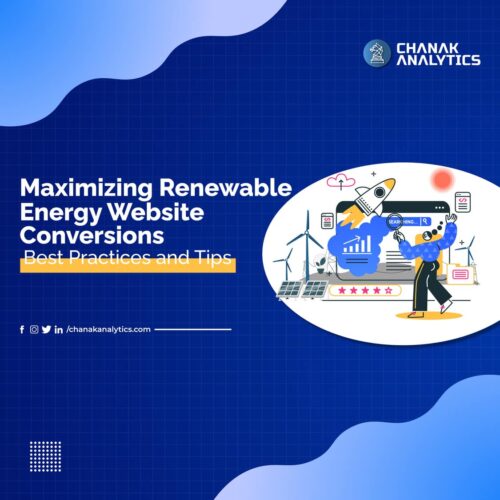SEO Tips for Small Business Owners on a Budget

- 2024-09-12 16:13:31
The Free Mind: Finding Clarity in a Digitally Distracted World : https://mazkingin.com/the-free-mind-finding-clarity-in-a-digitally-distracted-world/

- 2024-09-11 18:13:19
Medicinal Applications of Phytopharmaceuticals : https://mazkingin.com/medicinal-applications-of-phytopharmaceuticals/

- 2024-09-09 20:45:51
https://mazkingin.com/hands-on-salesforce-data-cloud-implementing-and-managing-a-real-time-customer-data-platform/

- 2024-08-18 07:09:43
I really enjoyed reading this article. It's informative, well-researched, and written in a clear, engaging style. Great job! : nftbeyond.com

- 2024-08-15 14:47:49
Give a round of applause in the comments to show your appreciation!

- 2024-08-12 18:42:26
Download ebook : The Metaverse: A Critical Introduction: https://mazkingin.com/the-metaverse-a-critical-introduction/

- 2024-08-09 18:03:18
Write with A.I. and Make Money - Download eBook from Direct Link - https://mazkingin.com/write-with-a-i-and-make-money/

- 2024-08-08 18:20:45
Agile Transformation: How to Successfully Shape Your Transition to a More Agile Organization - Download eBook from Direct Link - https://mazkingin.com/agile-transformation-how-to-successfully-shape-your-transition-to-a-more-agile-organization/

- 2024-08-08 18:07:58
Adopting a Customer-Centric Approach: A Blueprint for Business Success : https://jivoice.com/adopting-a-customer-centric-approach-a-blueprint-for-business-success/

- 2024-08-08 02:18:15
Handbook on Cyber Hate: The Modern Cyber Evil - Download ebook - https://mazkingin.com/handbook-on-cyber-hate-the-modern-cyber-evil/

- 2024-08-08 01:16:15
The Art of Customer Relationship Management in Business : https://jivoice.com/the-art-of-customer-relationship-management-in-business/

- 2024-08-07 11:12:57
Your posts are always so well-researched and informative I appreciate how thorough and detailed your content is

- 2024-08-07 08:13:06
Mastering Python GUI Development with Kivy Framework: Transform Concepts into Functional Applications - Download ebook - https://mazkingin.com/mastering-python-gui-development-with-kivy-framework-transform-concepts-into-functional-applications/

- 2024-08-06 19:04:59
Python for Information Professionals: How to Design Practical Applications to Capitalize on the Data Explosion - Download ebook - https://mazkingin.com/python-for-information-professionals-how-to-design-practical-applications-to-capitalize-on-the-data-explosion/

- 2024-08-04 15:36:34
This is a fantastic article! It’s well-researched, informative, and written in a way that’s easy to understand. I learned a lot from reading it. https://nftbeyond.com/

- 2024-07-16 08:54:36
What other topics would you like to see covered on the blog? Let us know in the comments!

- 2024-07-13 08:17:31
Hey! Great post. I'm a student earning good money from https://investurns.com to support my studies. If anyone joins through my referral link, I get a commission and it's a job anyone can do. Please sign up with my link: https://investurns.com/user/register?ref=nLI1T31 and get a $30 investment plan right away!

- 2024-06-14 09:31:40
I truly appreciate your technique of writing a blog. I added it to my bookmark site list and will

- 2024-04-02 17:06:22
This is exactly what I needed to read today Your words have given me a new perspective and renewed hope Thank you






Awesome! Its genuinely remarkable post, I have got much clear idea regarding from this post